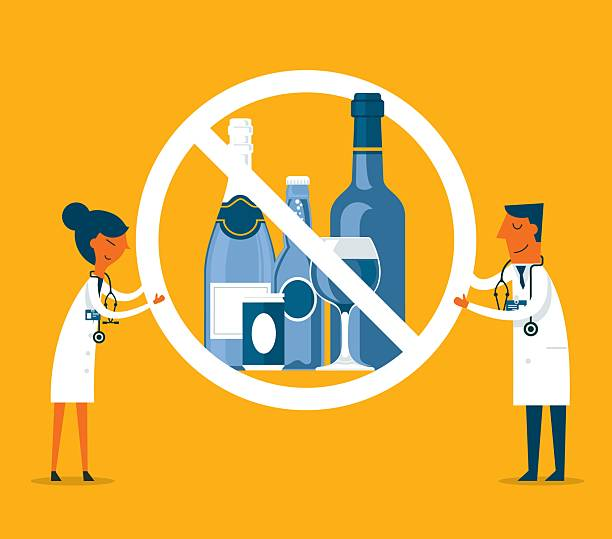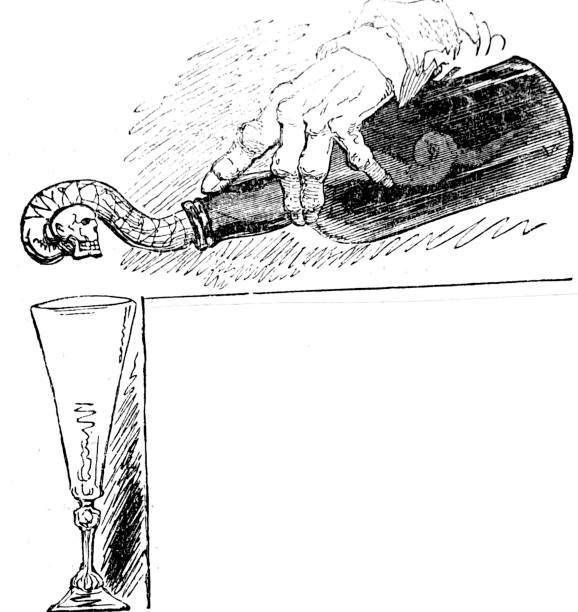The updated impact of alcohol on weight, sleep, chronic illness, and overall well-being in 2025
In 2025, conversations around alcohol are changing. More people are questioning how that “harmless” glass of wine or occasional cocktail really fits into a healthy lifestyle. And for good reason: new research continues to show that alcohol may be doing more harm than we once believed—physically, mentally, and socially.
1. Hidden Calories, Hidden Weight Gain Alcohol is calorie-dense but nutrient-empty. One margarita can set you back over 300 calories, and that’s not including the snacks that usually follow. More importantly, alcohol affects how your body regulates hunger, weakening the signals that tell you you’re full. This often leads to mindless snacking or larger meals, silently adding inches to your waistline over time.
2. Sleep That Leaves You Exhausted Sure, alcohol may help you doze off faster, but the quality of that sleep is compromised. Alcohol reduces REM sleep—the stage that helps your brain process emotions and repair itself. You may sleep through the night, but wake up foggy, moody, and not fully rested. Over time, poor sleep can sabotage metabolism, immune function, and even increase your risk of depression.
3. Cancer Risks Are Real Alcohol isn’t just a liver concern. It’s been linked to at least seven types of cancer, including breast, colon, and esophageal cancers. Even moderate consumption increases your risk. This doesn’t mean one drink will cause cancer, but regular drinking raises your risk far more than most people realize.
4. Your Blood Pressure Doesn’t Approve Even a few drinks a week can elevate blood pressure. Over time, this puts more strain on your heart and increases the risk of stroke and cardiovascular disease. The scary part? These effects are often silent—until it’s too late.
5. Alcohol and Fertility More recent studies point to alcohol as a factor in male infertility and reduced reproductive health for both sexes. If you and your partner are planning for a baby, it might be worth reconsidering that wine habit.
6. Emotional & Social Ripple Effects We often talk about alcohol as a “social lubricant,” but what we forget is that it can also be a silent source of anxiety, irritability, and strained relationships. It can contribute to poor impulse control, emotional lows, and even dependency over time.
So, What’s the Takeaway? You don’t have to quit completely. But knowing how alcohol affects your health gives you the power to make better decisions. Cutting back—maybe doing dry weekdays or setting a weekly limit—can significantly improve your energy, focus, mood, and overall wellness.
In 2025, wellness isn’t about perfection. It’s about awareness. And sometimes, saying “no thanks” to that second drink might be the healthiest thing you do all day.


